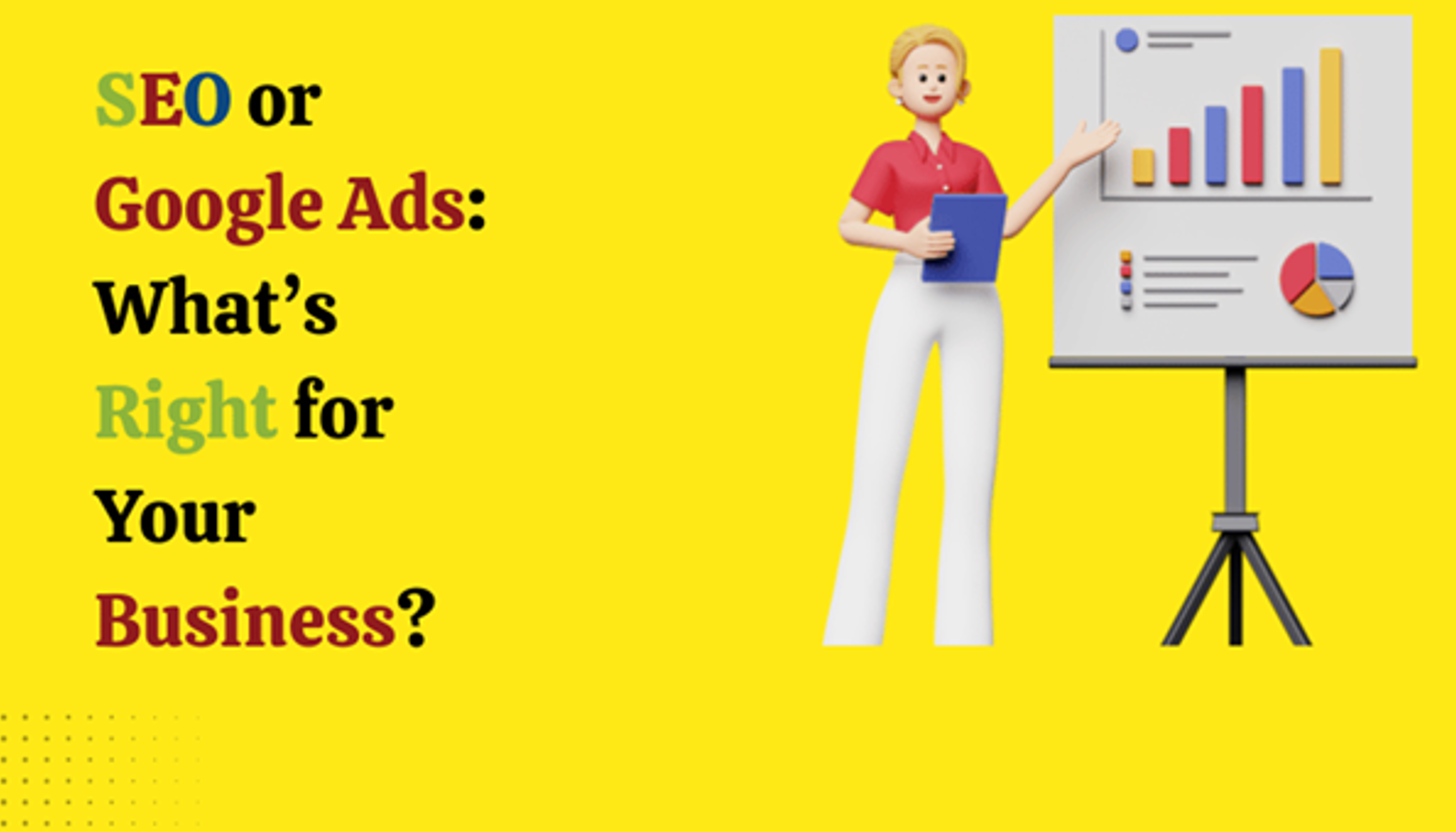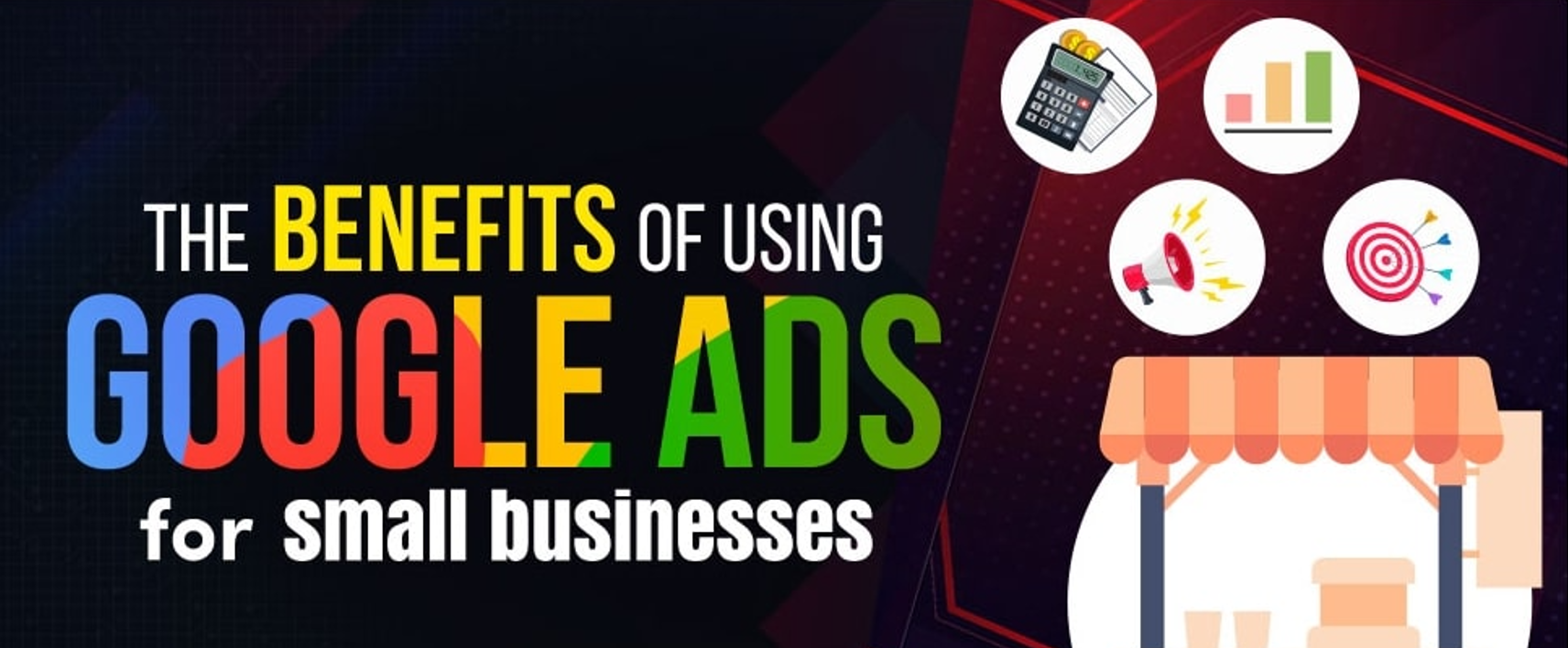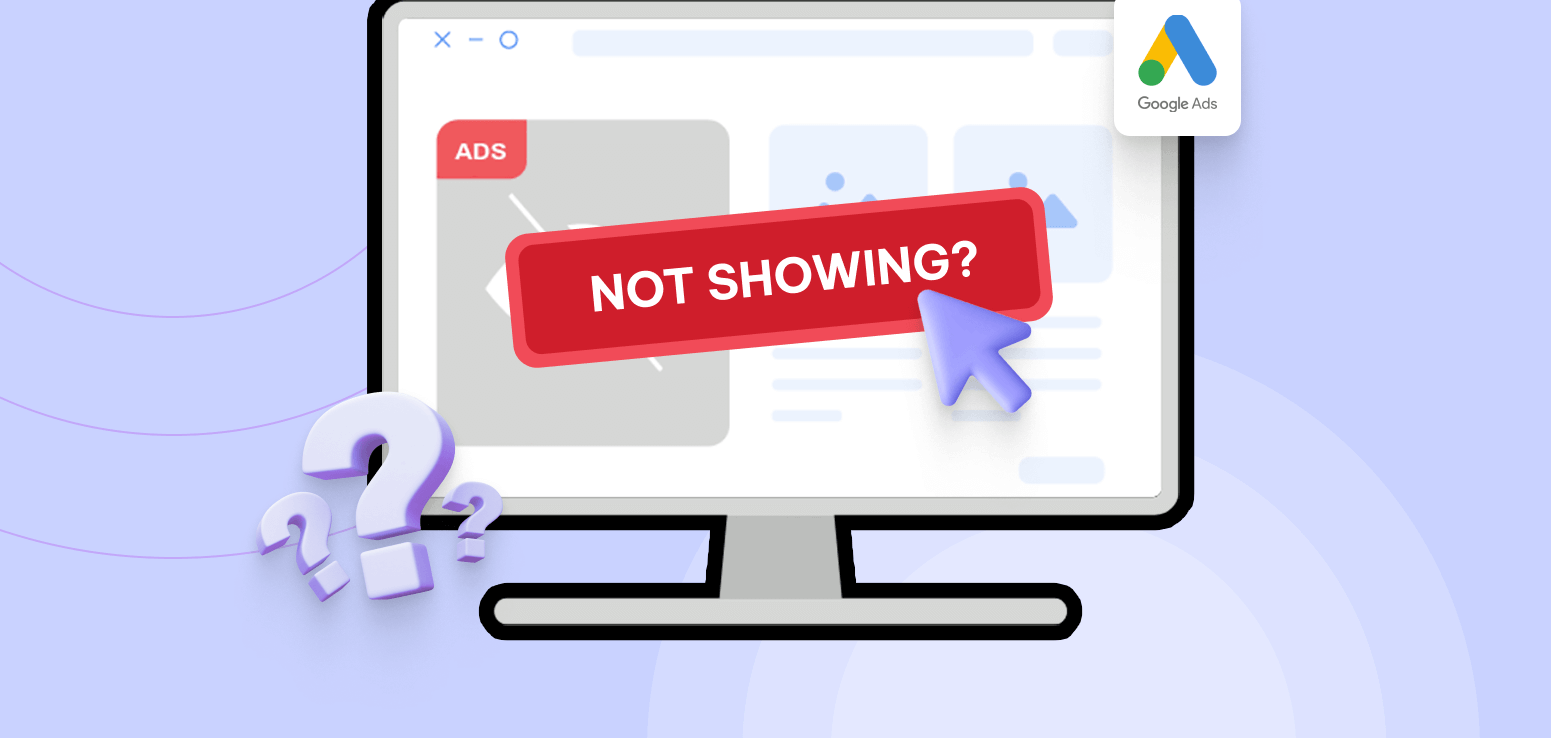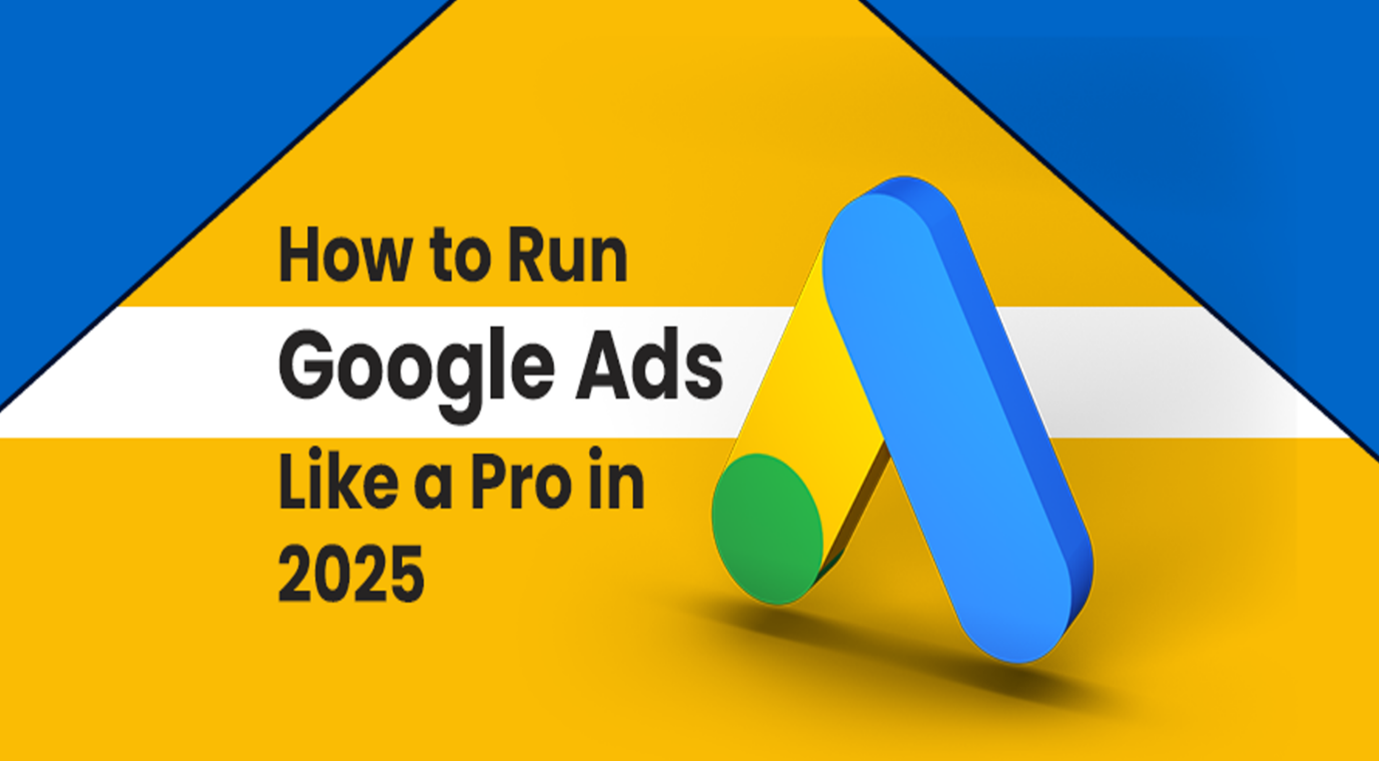If you're running a business online, you've likely asked this question:
Should I focus on SEO or Google Ads?
Both can bring results. But they work differently. One builds your brand over time, and the other gives you instant traffic.
Let's break it down in simple terms—so you can decide what works best for your business goals.
What is SEO?
SEO stands for Search Engine Optimisation. It helps your website show up in search engines like Google—without paying for every click.
With SEO, your website can rank when people search for services like yours.
Why choose SEO services?
- Your traffic grows naturally over time
- You don't pay for every visit
- It builds long-term brand positioning
- It helps your site look more trustworthy to users
- You create content that keeps working for months or even years
But SEO is not instant. It takes time—weeks or even months—to see solid results.
What is Google Ads?
Google Ads is a part of SEM (Search Engine Marketing) services. It's also known as PPC (Pay-Per-Click).
With Google Ads, you pay to show your ad on top of Google search results. You only pay when someone clicks your ad.
Why choose PPC services?
- You get immediate visibility
- You choose your audience—location, age, interests, and more
- You can start with any budget
- You can track results and change campaigns easily
- You see what works—and what doesn't—right away
Google Ads is great when you need fast leads or are launching a new product or service.
Main Differences Between SEO and Google Ads
Here's what makes each method different, so you can determine which one best suits your needs.
1. Speed of Results
- Google Ads: Quick. You can get traffic the same day.
- SEO: Slower, but steady. Takes time to build.
2. Cost and Spending
- SEO services: Pay upfront for content and optimisation. Then the traffic is free.
- PPC services: Pay as long as you want traffic. When you stop, so does your reach.
3. Long-Term Value
- SEO brings lasting value. Once your pages rank, they stay there with minor updates.
- Ads stop the moment you pause your budget.
4. Trust and Visibility
- People often trust organic results more. They feel more "real".
- Users can skip or ignore ads if they prefer natural search results.
5. Flexibility and Control
- Google Ads gives complete control. You choose keywords, audience, and budget.
- SEO is more passive. You improve your site and wait for results.
Which is Better for Your Business?
There's no single answer. It depends on your needs.
Choose Google Ads if:
- You want quick traffic
- You're launching something new
- You have a clear short-term goal
- You need precise targeting
- You want measurable results, fast
Google Ads is perfect when you want instant action and can afford to pay per click.
Choose SEO if:
- You want sustainable growth
- You have time to build traffic
- You're building your brand positioning
- You want to rank for valuable keywords
- You want leads without paying for every visit
SEO works best when you think in the long term.
The Winning Strategy? Do Both.
Many businesses don't choose between SEO and Google Ads. They combine both.
Why? Because together, they're stronger.
- Google Ads brings quick leads
- SEO brings lasting traffic
- Ads help test which keywords convert best
- SEO builds your online reputation over time
This is the heart of performance marketing—using the best tools to drive business results.
Start Smart: Ask These Questions
Before deciding, ask yourself:
- What's my budget right now?
- Do I need leads this week—or can I wait?
- Am I launching a new product?
- Is my site ready for SEO?
- Can I afford both for better results?
Your answers will guide your choice.
So—what's best for your business, SEO or Google Ads?
Here's the truth:
- If you want quick results and complete control, go with PPC services.
- For long-term growth, consider investing in SEO services to drive sustainable results.
- If you want the best of both worlds, use both.
Today, most successful businesses use a mix of both strategies. SEO and Google Ads can work in tandem to drive traffic, generate leads, and enhance brand positioning.



